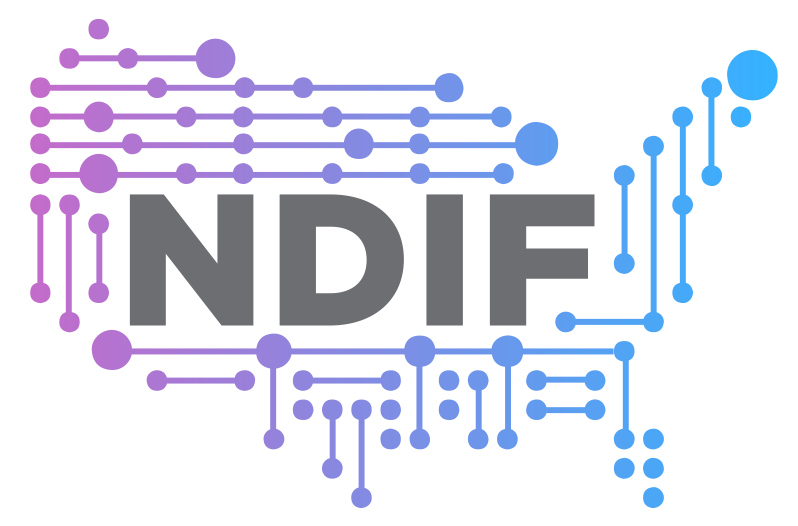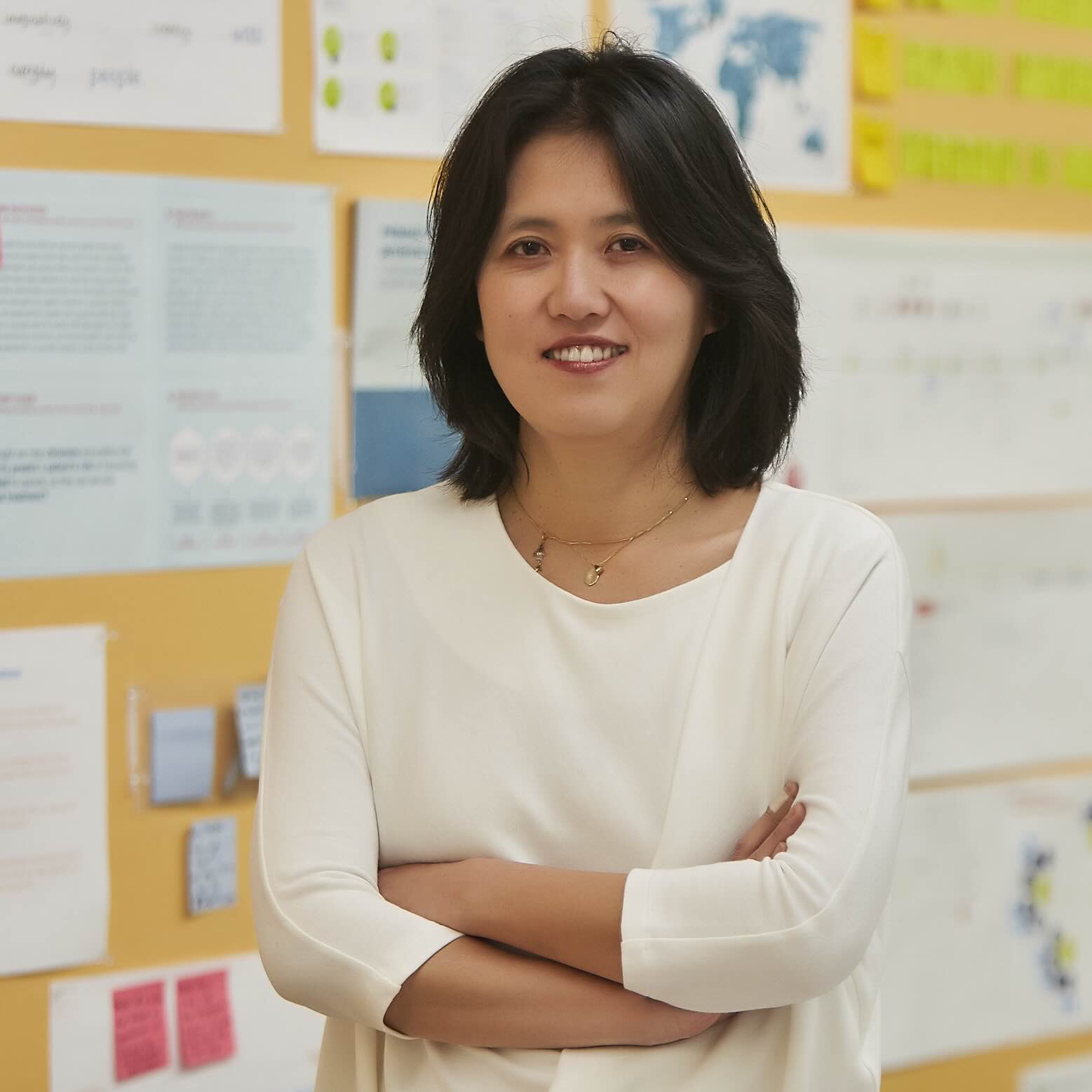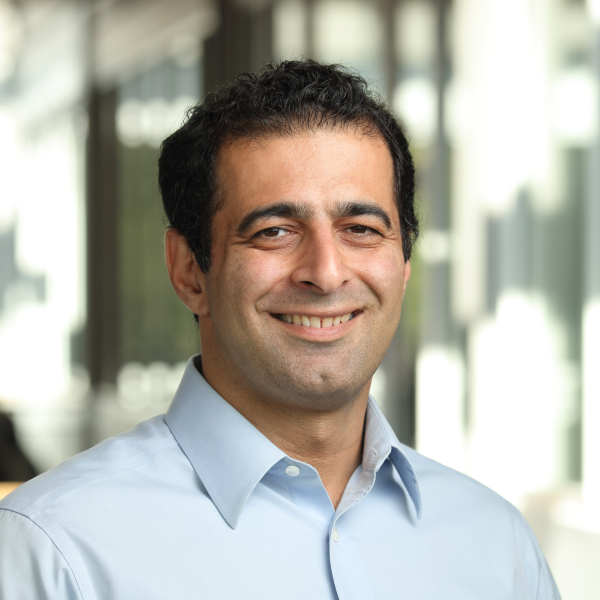PIT-UN members to guide NSF-funded AI research project
Year 2, November 2025
PIT-UN members continue to contribute their Public Interest Technology expertise to partner organizations and external entities. In the fall of 2025, seven PIT-UN faculty members were selected to provide their expertise to the NSF National Deep Inference Fabric (NDIF). NDIF is a research computing project that will enable researchers and students to unlock the mysteries within these enormous neural networks.NDIF project.
The NSF National Deep Inference Fabric (NDIF) is a unique combination of hardware and software that provides a remotely accessible computing resource for scientists and students to run detailed, reproducible experiments on large pretrained AI models, such as open-source large language models. NDIF enables researchers and students to conduct transparent, reproducible experiments on large-scale AI systems, providing much-needed visibility into their inner workings.
An interdisciplinary Advisory Board of PIT-UN members and other non-PIT faculty provides ongoing feedback and guidance to NDIF’s leadership and engineers, helping to ensure the project aligns with ethical, responsible, and inclusive AI practices.

Meet the PIT-UN Advisory Group Members

Timothy Beal
Distinguished University Professor, Case Western Reserve University
Timothy Beal is Distinguished University Professor, Florence Harkness Professor of Religion, and Director of h.lab and the Experimental Humanities initiative at Case Western Reserve University. Projects include “Finite Futures: Imagining Alternative Ways Forward in the Anthropocene” (Henry Luce Foundation) and “Responsible AI Curricular Design” (National Humanities Center). The recipient of a NEH Public Scholar Award, he has published sixteen books.

Jonelle Bradshaw de Hernandez
Research Associate, Texas Advanced Computational Center, University of Texas at Austin
Dr. Jonelle Bradshaw de Hernandez is a researcher and public speaker who focuses on the societal impacts of scientific and technological innovations. Her interdisciplinary work stems from her PhD in Engineering, Technology, and Society, where she studied the field’s outcomes in education, national economy, and vulnerable populations. She couples her academic work with 15+ years as an executive in higher education. She intersects her current AI work with workforce and economic development, efficient philanthropy, education, and, most recently, high-performance computing and cybersecurity.

Deun Horng (Polo) Chau
Professor, Georgia Institute of Technology
Dr. Duen Horng (Polo) Chau is a Professor in the School of Computational Science and Engineering at Georgia Tech, where he co-directs the MS Analytics program and serves as Director of Industry Relations for IDEaS. His research bridges machine learning and visualization to create scalable, interactive tools for interpreting complex AI models, with a focus on AI security, explainable AI, and adversarial machine learning. With 19 best paper awards and over 200 published articles, his work has been featured in media outlets including The Wall Street Journal, Wired, and MIT Technology Review and deployed by major technology companies including Google, Microsoft, Meta, and Nvidia.

Kathleen M. Cumiskey
Director and Professor, CUNY PIT Lab, City University of New York
Rev. Dr. Kathleen (Katie) M. Cumiskey, Professor of Psychology at the City University of New York, is known for her research on mobile media and the evolving relationship between technology and profound human experiences. She is the Co-PI on an NSF award leveraging blockchain technology to enhance student retention. A founding member of the Public Interest Technology University Network, Dr. Cumiskey is the director of the CUNY PIT Lab.

Youngbok Hong
Professor, Indiana University
Dr. Youngbok Hong is a Professor of Visual Communication Design at Indiana University. She specializes in community-based design research that bridges participatory methods with the critical use, development, and evaluation of LLMs to ensure technologies reflect local needs and values. Her recent work integrates Value Sensitive Design and Critical Participatory Action Research to explore how GenAI can support teachers in creating inclusive, rigorous, and culturally sustaining STEM learning. The work includes capturing educator and family wisdom, co-designing appropriate AI systems, and examining how teachers engage with and benefit from GenAI.

Herman Shakeri
Assistant Professor, University of Virginia
Dr. Herman Shakeri is an Assistant Professor at the University of Virginia’s School of Data Science, where he serves as the Principal Investigator of the DYNAMO Lab and is a member of the UVA Center for Diabetes Technology and the UVA Cancer Center. His research focuses on algorithm development in machine learning, learning-based control, and network science. Before joining UVA, Dr. Shakeri was a Postdoctoral Associate at the Institute of Computational Comparative Medicine at Kansas State University, where he conducted statistical analyses of complex, interconnected networks and multi-drug resistance networks.

Michael Simeone
Associate Research Professor, Arizona State University
Dr. Michael Simeone is an Associate Research Professor at ASU’s School for Complex Adaptive Systems. He is an interdisciplinary researcher who bridges data science to humanistic and social methodological considerations. He specializes in applying machine learning to cultural and sociotechnical systems and in understanding how people make meaning in immersive information environments. His work also integrates computational techniques with a focus on ethical considerations and the epistemological foundations of interdisciplinary research.